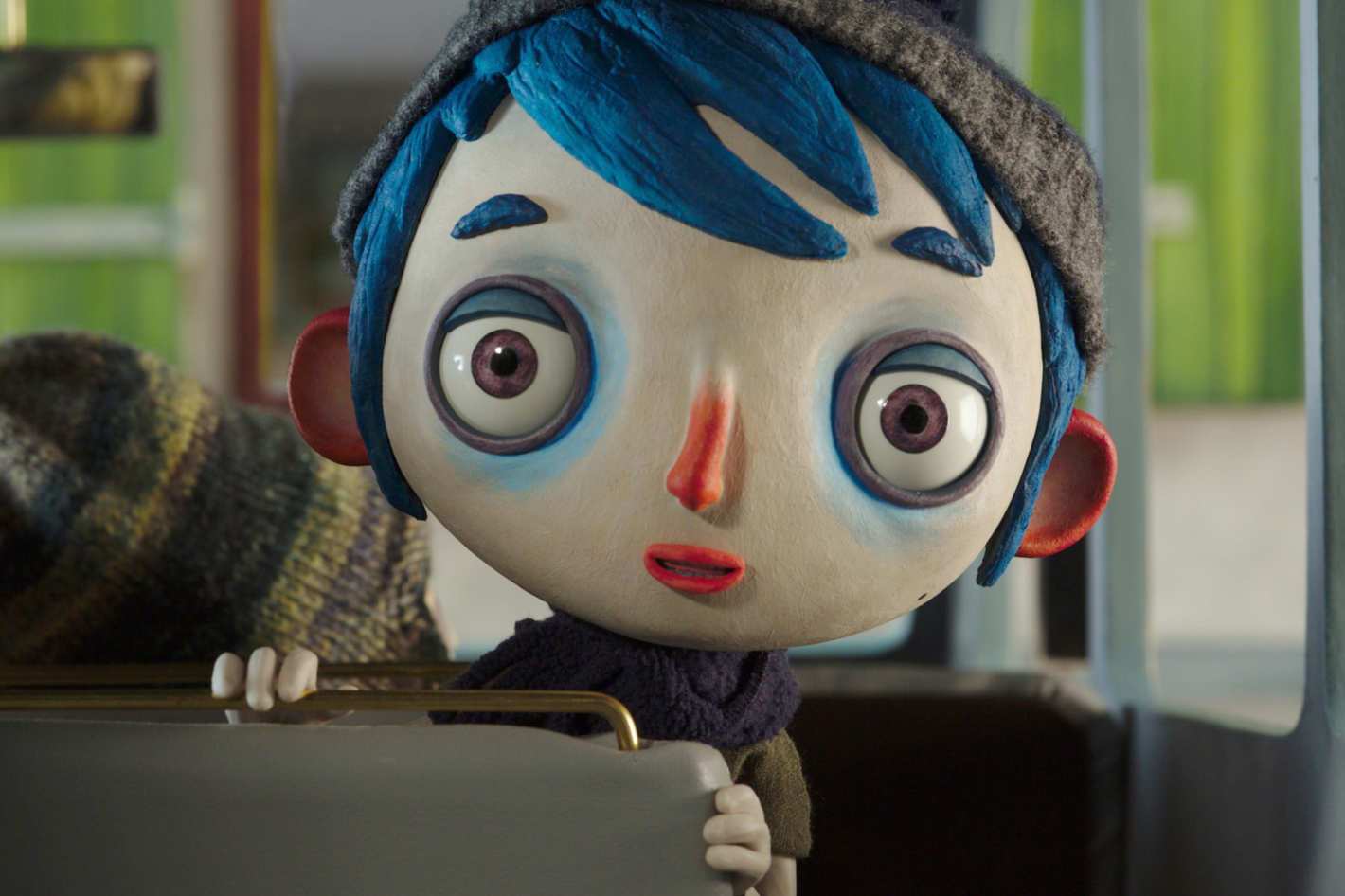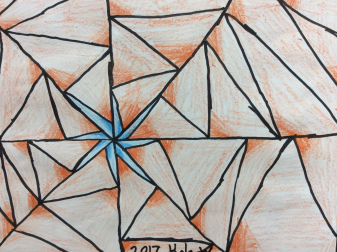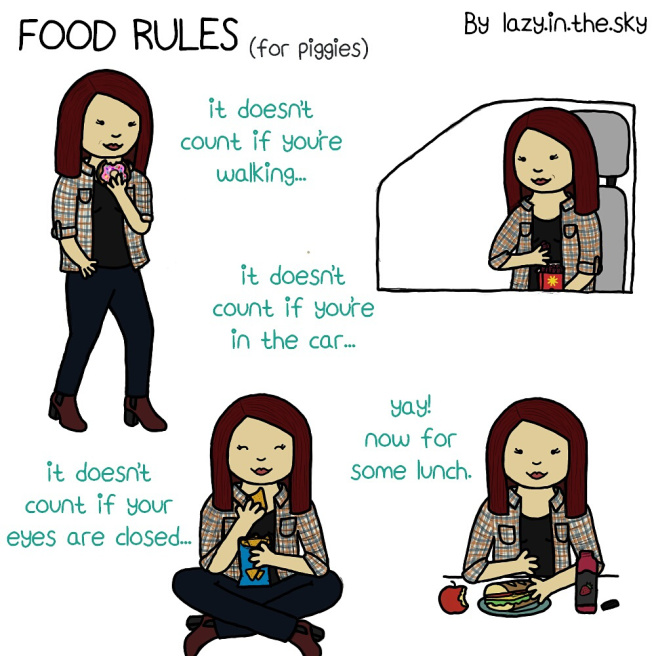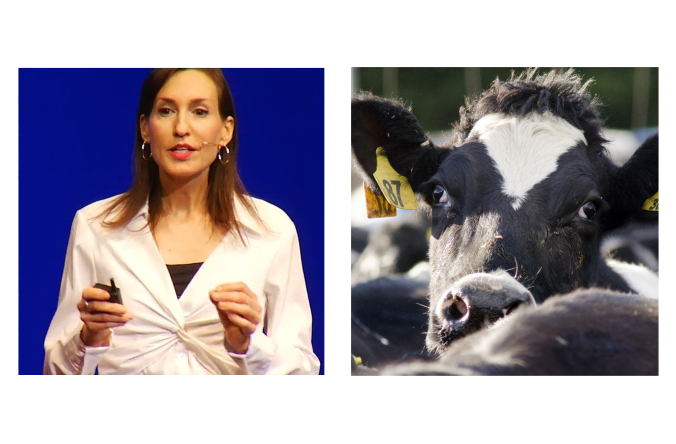I knew nothing about My Life as a Zucchini up until it received an Academy Award nomination for Best Animated Feature, and when I finally got a chance to see it for myself, to say I was touched by this simple tale would only undersell it. I had already felt inside that something inside the story that it had been telling resonated with me, having grown up alienated from people around me, and finding it even more difficult to connect with family members. I knew this would be the sort of animated film for me, but I didn’t love it nearly as much as I was hoping. Yet to say I wasn’t moved would be a lie; this simple tale does within only a little over an hour what other animated films somehow can’t do within two hours. It carries the sort of heart and soul missing from many animated movies these days, even a live-action melodrama can’t find itself matching up.

This film tells the story of a young boy nicknamed “Courgette” (“Zucchini” in translated versions) who moves over to an orphanage after he befriends a police officer. At the orphanage, he learns how to form a new family with the other orphaned kids, and he also learns how to connect with the outside world even more through his own experience. I’m already 18 years old and I’m turning 19 next month, I was never able to find much connection with people I always saw when I walked in the hallways of my high school years, for I had just graduated this year. When I watched My Life as a Zucchini, I teared up thinking of these memories as they were coming right back to me once again, because it reminded me of the sort of life that I wish I was able to find for myself – after having already suffered enough alienation and depression throughout my life so far from the isolation I’ve felt.
This is a very conventional story being told, and yet it’s also about as warm as a cup of tea. This is an animated film about children, yet it’s one that’s sure to touch older people because of how beautifully it emphasizes the concept of growing up, but it isn’t a surprise for screenwriter Céline Sciamma, who has consistently written coming-of-age films. It’s just warming to see an animated film that tackles the difficulties of growing up as well as the pleasantness of the moment, creating an almost nostalgic feel. But add the nice stop-motion animation, and then it only becomes clear that such a manner is the only way to tell this story so that it would ever find itself feeling as warm as it did, because there’s a point to which it even reminds an older viewer of something they watched as a child, most likely an animated program at that – making me wish things in life were simpler again.
In a short running time of 66 minutes, it’s still amazing to me how much of a punch does My Life as a Zucchini manage to pack especially with its harrowing approach to its own subject matter, for it was already a bold move to see coming out on behalf of an animated film. Yet as we weave through these tragedies we see comedies coming about, for it almost feels like a recollection of life’s best and worst moments at a point where one would have such a small understanding of everything going around the self. These characters whom we are watching are children, and what’s easy to love about them at a young point of their own lives is how they are able to see beauty in life whenever they play around in anything. And as I grew older, I lost my own ability to see this beauty, after battling depression and loneliness – then I look at My Life as a Zucchini and am reminded why life is still worth living.
There’s a great deal of honesty that comes out in this film’s short running time, which is perhaps the film’s biggest setback. It should have been much longer, but at the same time not too long at that. Many plotlines that define Courgette’s character (i.e. his late mother and unseen father) go perfectly when we don’t see much detail. But as per usual of Céline Sciamma, one would expect that with how she handles a coming-of-age narrative, her own queer overtones would be present especially when we look at how the orphaned children and Courgette himself are exploring their own sexuality at a young point of their own life. But the narrative also seems so idealized at its very worst, rather than one that flows naturally – stinting the film from achieving what it is really setting out for. It stints in such a way that it feels like there’s more that could be done with the narrative, among many reasons it could find itself benefiting from a longer running time at that.
My Life as a Zucchini nevertheless remains powerful when it does, for behind the beautiful stop-motion animation comes an equally heartwarming film about the beauty of life at a point where we knew we could see it flowing right before our very eyes. For children still have a lot to learn with all the traumas they have endured, and in My Life as a Zucchini one can only find something nostalgic in a sense when looking at the topic. We know that kids seek to understand more as they are getting older, and even in adulthood we don’t even know for sure if we got any of those answers. With all of this subject matter at hand though, it was still a story that I wish more had been made from, yet I can’t hide the fact that I cried as it even brought me back to a time where I knew things were simpler. This isn’t a cute animated film that we are looking at, it’s a beautifully realized coming-of-age tale about trying to understand.
Watch the trailer.
All images via Praesens-Film.
Directed by Claude Barras
Screenplay by Céline Sciamma, Claude Barras, Germano Zullo, Morgan Navarro, from Autobiographie d’une Courgette by Gilles Paris
Produced by Armelle Glorennec, Éric Jacquot, Marc Bonny
Starring Amy Sedaris, Nick Offerman, Ellen Page, Will Forte, Susan Blakeslee (English version)
Release Year: 2016
Running Time: 65 minutes





